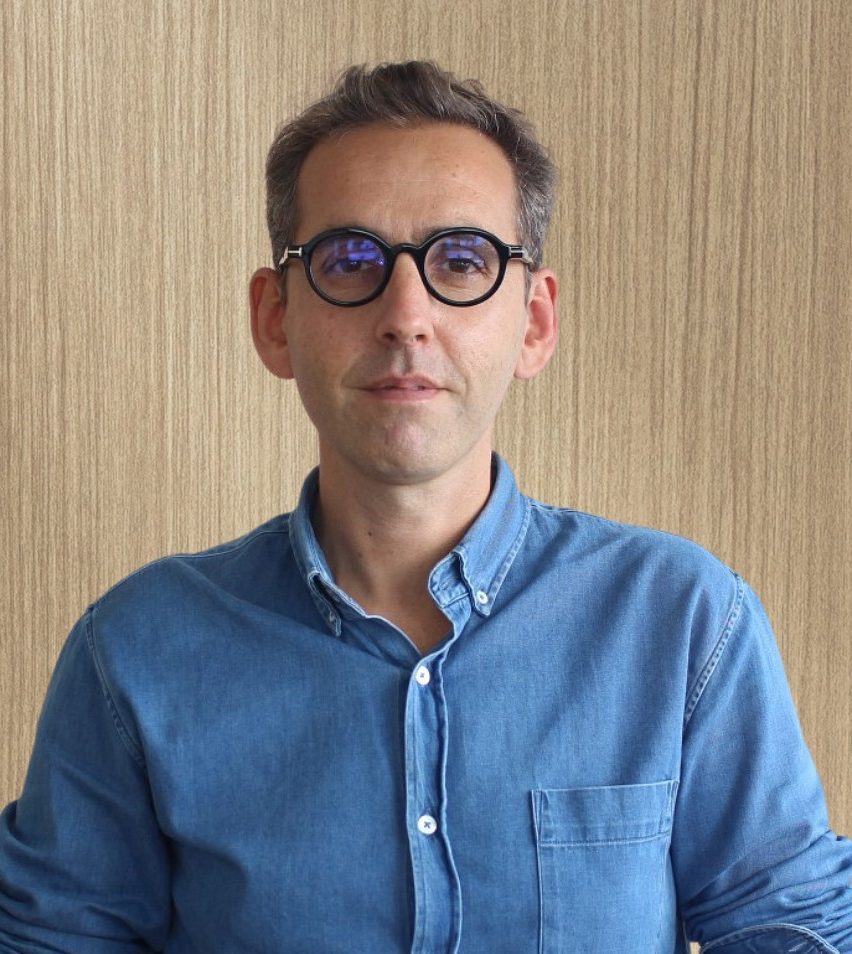 De multinationale
SOLO2-studie randomiseerde patiënten met recidiverend graad III of IV
epitheliaal ovariumcarcinoom (EOC) met BRCA-mutatie
en respons op platina-gebaseerde chemotherapie 2:1 naar onderhoudsbehandeling
met olaparib of placebo. In 2018 is gepubliceerd dat de progressievrije overleving significant langer was in de
olaparibgroep dan in de placebogroep. Dr. Jean-Sebastien Frenel (Institut de
Cancerologie de L’Ouest, Saint Herblain, Frankrijk) en collega’s publiceren
nu in Annals of Oncology een
post-hoc analyse van werkzaamheid van subsequente chemotherapie na progressie
op de onderhoudsbehandeling in de studie.1
De multinationale
SOLO2-studie randomiseerde patiënten met recidiverend graad III of IV
epitheliaal ovariumcarcinoom (EOC) met BRCA-mutatie
en respons op platina-gebaseerde chemotherapie 2:1 naar onderhoudsbehandeling
met olaparib of placebo. In 2018 is gepubliceerd dat de progressievrije overleving significant langer was in de
olaparibgroep dan in de placebogroep. Dr. Jean-Sebastien Frenel (Institut de
Cancerologie de L’Ouest, Saint Herblain, Frankrijk) en collega’s publiceren
nu in Annals of Oncology een
post-hoc analyse van werkzaamheid van subsequente chemotherapie na progressie
op de onderhoudsbehandeling in de studie.1De analyse includeerde 147 patiënten die chemotherapie kregen als eerste behandeling na progressie op de onderhoudsbehandeling. Onder deze patiënten waren 69 respectievelijk 78 oorspronkelijk gerandomiseerd naar de placebo- respectievelijk olaparibgroep. De tijd tot volgende progressie op de chemotherapie was significant langer in de groep placebopatiënten dan in de groep olaparibpatiënten (12,1 versus 6,9 maanden; HR 2,17; 95%-bti 1,47-3,19). Deze conclusie werd bevestigd in multivariate analyse (HR 2,13; 95%-bti 1,41-3,22). Analyse in de subgroepen die platina-gebaseerde chemotherapie (n=96) en niet-platina-gebaseerde chemotherapie (n=51) kregen liet zien dat de tijd tot volgende progressie wel significant langer was in de placebogroep dan in de olaparibgroep met platina-gebaseerde chemotherapie (14,3 versus 7,0 maanden; HR 2,89; 95%-bti 1,73-4,82), maar vergelijkbaar was tussen beide groepen met niet-platina gebaseerde chemotherapie (8,3 versus 6,0 maanden; HR 1,58; 95%-bti 0,86-2.90).
De onderzoekers concluderen dat de analyse suggereert dat na progressie van BRCA-gemuteerd EOC op onderhouds-olaparib de gevoeligheid voor volgende platina-gebaseerde chemotherapie verlaagd is.
1.Frenel JS, Kim JW, Aryal N et al. Efficacy of subsequent chemotherapy for patients with BRCA1/2-mutated recurrent epithelial ovarian cancer progressing on olaparib versus placebo maintenance: post-hoc analyses of the SOLO2/ENGOT Ov-21 trial. Ann Oncol 2022; epub ahead of print
Summary: The multinational SOLO2 study randomized patients with recurrent BRCA-mutated epithelial ovarian cancer (EOC) and response on platinum-based chemotherapy to maintenance treatment with olaparib or placebo. The progression-free survival was significantly improved with olaparib. A post-hoc analysis of efficacy of subsequent chemotherapy after progression on maintenance treatment in the study has now been published. The analysis found that time to second progression was significantly longer in the placebo group compared to the olaparib group.
